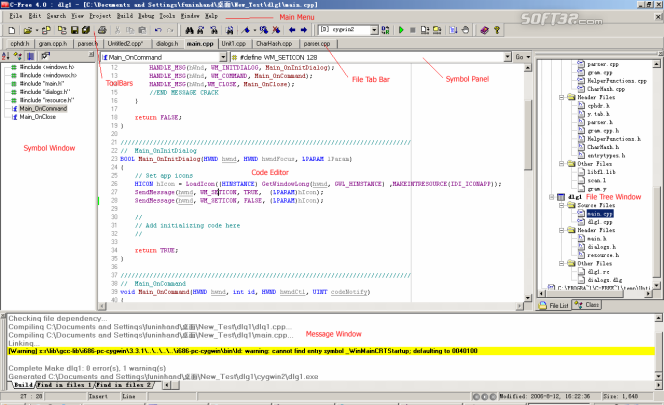
Borland's only son with his third wife, George Godwin Borland, had joined the Confederate States Army despite being only 16 years of age, and would later be killed in action. For a time in 1861 he commanded the depot at Pitman's Ferry, near Pocahontas, Arkansas, responsible for troop deployments and supplies. He was replaced as commander at the Arkansas Secession convention less than a month later, but he was able to obtain a position as a commander for Northeast Arkansas. By the time Borland and his forces arrived in Fort Smith, the Federal troops had already departed, and there were no shots fired. Rector, and ordered to lead the expedition that seized Fort Smith, Arkansas, in the first days of the war, despite the fact that Arkansas had not yet seceded. However he remained active in local politics, and very vocal as to his views on state's rights and secession.Īt the start of the American Civil War, Borland was appointed as a commander of Arkansas Militia by Arkansas Governor Henry M. Borland declined a nomination from President Pierce as governor of the New Mexico Territory. īorland returned to Little Rock in October 1854, and resumed his medical practice and operation of his pharmacy.

When none was given, Greytown was bombarded and destroyed. president, who promptly dispatched a gunboat, and demanded an apology. Enraged, he reported the incident to the U.S. A crowd had gathered, and a bottle was thrown which hit Borland in the face. While leaving Greytown in May, 1854, Borland interfered with the local arrest of an American citizen.

He was reprimanded for this by Secretary of State William Marcy. In a public address in Nicaragua, he stated that it was his greatest ambition to see Nicaragua "forming a bright star in the flag of the United States". Government to repudiate the Clayton–Bulwer Treaty, and for the American military to support Honduras in the event of a possible war with Great Britain. Immediately after his arrival in Managua, Borland called for the U.S. Borland resigned from the United States Senate in 1853 and was appointed as Envoy Extraordinary and Minister Plenipotentiary (Nicaragua). interests by refusing to open their country to international trade. In 1852 he opposed the decision of sending Commodore Perry to open Japan to international trade on grounds that the leaders of that country did not offend U.S. He discovered soon after his return to Little Rock, Arkansas, that his views were not popular at home, either. During an 1850 debate over Southern rights, he physically attacked Mississippi Senator Henry Foote. His views were generally of a disunionist version, and he was not popular with many Senate members. Worth during the remainder of the campaign, from the Battle of Molino del Rey to the capture of Mexico City on September 14, 1847.Īfter the war, Borland was elected as a United States Senator to fill the unexpired term of Ambrose Hundley Sevier. He escaped, and was discharged when his regiment was disbanded and mustered out in June, but continued in the army as volunteer aide-de-camp to General William J. He was taken as a prisoner of war by the Mexican army on January 23, 1847, just south of Saltillo. Borland served throughout the war, having turned over his newspaper business to associates.

ĭuring the Mexican–American War, Borland was commissioned major of the Arkansas Mounted Infantry Regiment serving under Archibald Yell. As a captain in 1831, he led a company of Virginia militia forces that were dispatched to Southampton County to fight Nat Turner's slave rebellion. Borland also studied medicine in Philadelphia and Louisville. When he was a youth, his family moved to Murfreesboro, North Carolina, where he attended Hertford Academy. Thomas Borland, a native of Scotland, and Harriet Godwin Borland. Solon Borland was born on September 21, 1808, in Nansemond County, Virginia to Dr.


 0 kommentar(er)
0 kommentar(er)
